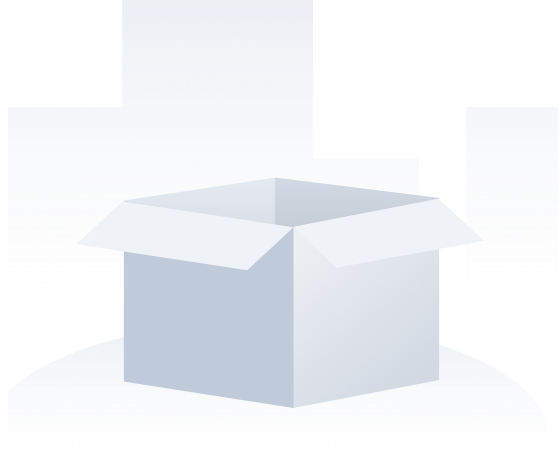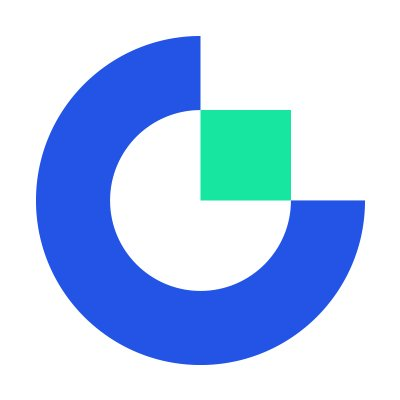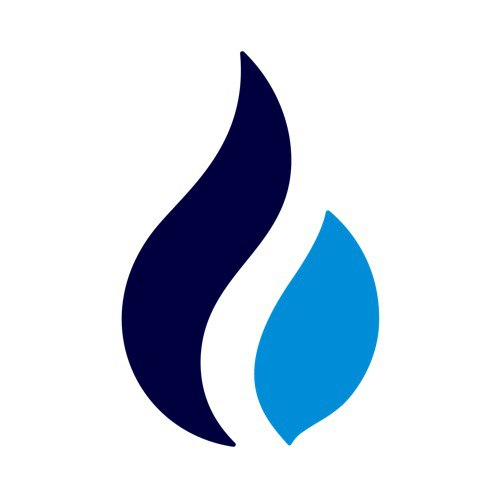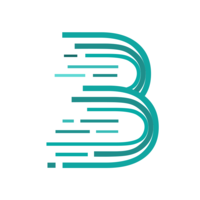
LAT
项目开始时间

2021年5月12日
关于
1. Background IntroductionPlaton Network is a next-generation blockchain platform that focuses on privacy-preserving computation and scalable infrastructure. It aims to provide a trustless, secure, and efficient environment for decentralized applications (dApps) and enterprise solutions. The project emphasizes privacy, scalability, and interoperability, positioning itself as a foundational layer for the future of Web3.0.2. Core Website ContentThe website showcases Platon Network's vision, technology stack, use cases, and ecosystem. Key sections include an overview of its privacy-preserving computation, cross-chain capabilities, and developer tools. It also highlights partnerships, team members, and roadmap milestones. The site serves as a hub for developers, investors, and enterprises interested in building on or with Platon.3. Technical FeaturesPlaton Network employs a unique combination of technologies including Zero-Knowledge Proofs (ZKP) for privacy, a layered architecture for scalability, and a proprietary consensus mechanism called PPoS (Platon Proof of Stake). It supports smart contracts with enhanced privacy features and offers developer-friendly tools for dApp creation. The platform also emphasizes cross-chain interoperability through its relay chain technology.4. Token EconomicsThe native token, LAT, serves multiple purposes: network governance, staking for consensus, payment for computation resources, and collateral for privacy-preserving operations. The token distribution includes ecosystem development, team allocation, and community incentives. The economic model incorporates mechanisms for inflation control and long-term sustainability.5. Similar Competitor ComparisonCompared to Ethereum, Platon offers better privacy features but has a smaller developer community. Versus Polkadot, it focuses more on privacy computation rather than pure interoperability. Unlike Monero's anonymity focus, Platon provides programmable privacy for smart contracts. Its closest competitor might be Oasis Network, though Platon emphasizes more on enterprise adoption in Asian markets.6. Risks and ChallengesMain challenges include: intense competition in privacy blockchain space, regulatory uncertainty around privacy coins, need for broader developer adoption, and proving real-world use cases beyond theoretical advantages. Technical risks involve maintaining security while implementing complex privacy features and achieving true cross-chain functionality at scale.7. Industry FutureAs privacy concerns grow in Web3.0 and enterprises seek compliant blockchain solutions, platforms like Platon that balance privacy with regulation could gain traction. The increasing demand for confidential smart contracts in DeFi and enterprise blockchain applications positions Platon in a promising niche. However, its success depends on execution and ability to differentiate in a crowded market.8. SummaryPlaton Network presents an ambitious vision for privacy-preserving blockchain infrastructure with solid technical foundations. While it faces significant challenges in adoption and competition, its focus on practical enterprise use cases and regulatory-compliant privacy solutions could carve out a valuable position in the evolving blockchain ecosystem. The project's long-term success will depend on execution, community building, and demonstrating real-world utility beyond its technological promises. 更多>



































 看多
看多
 看空
看空